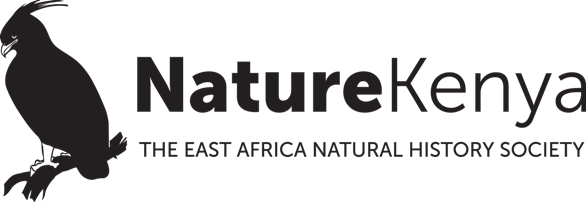If you have travelled to the western part of Kenya, especially to papyrus-rich areas bordering Lake Victoria and Yala Swamp, you have probably spotted the beautiful papyrus crafts displayed on the roadside. It’s as if advertising the multiple possibilities of how this plant can be put to use.
Nearly every part of the papyrus plant can be utilised. The stems are used to create a wide variety of crafts ranging from ropes, brooms, mats, baskets, furniture and fishing traps for those who still use traditional fishing methods. So versatile is papyrus that it is used in house construction for thatching, house partitioning and in making ceilings.
Since the Yala Swamp is papyrus-dominated, competition for market among weavers is very high. Weavers have also been experiencing a marketing challenge with products fetching low prices at markets within the villages. This could soon change as Nature Kenya is supporting weavers to establish a papyrus bulking centre in Siaya town. The construction started in late March 2020 and is expected to be complete by May 2020.
The centre will be used as a bulking facility for papyrus and palm frond products before they are transported and marketed to external buyers in the country. The centre will thus provide a link between the weaver groups and end-buyers who buy in bulk. By collectively selling their products, the weavers are not only able to move their products in high volumes but also increase their bargaining power compared to when they individually sell these products. This will further help weavers to gain better returns for their talent and skills, besides improving their capacity to trade competitively.
Once complete, the centre will also comprise of a fully-equipped workshop which will allow the weavers to reduce their turnaround time from the harvesting of the raw materials to production of the finished products. The current production capacity for a total of 55 weavers is an average of 380 assorted items per month. Within the production chain, the weavers specialise in a niche area or product. For instance, there are weaver artisans who are engaged in fabrication of metal and wooden frames and production of furniture; others specialise in basket and mat weaving; while others deal with ornamentals and décor items.
The bulking centre will create a number of opportunities, including improving the capacity of weavers and artisans to produce and market high quality products through peer mentorship, provision of market linkages and market support services, improving sales promotion, forming weavers’ associations and developing small businesses.
A unique quality of the papyrus product business within Yala Swamp is that it encourages sustainable production, through selective harvesting of papyrus as opposed to clear cutting. The weavers are the first line community ambassadors advocating against burning of papyrus which threatens both their livelihood source and biodiversity.
Through the Yala Ecosystem Site Support Group (YESSG), the weavers are among the key groups engaged in restoration of degraded areas through tree planting and papyrus planting. Papyrus and palm frond production provides an opportunity for communities to preserve their indigenous cultural heritage which they use gainfully to support livelihoods and conservation. Papyrus production is thus one of the sustainable ways of conserving Yala swamp.
